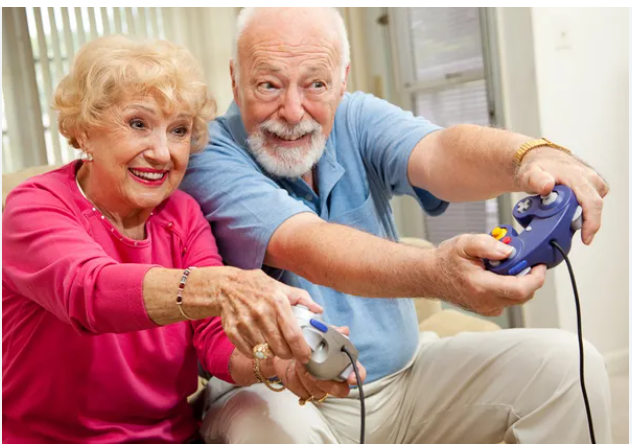From The Journal of Geriatrics - A New Simple Screening Tool—4QT: Can It Identify Those with Swallowing Problems? A Pilot Study
Excerpt …“As people and the population age, the prevalence of swallowing problems (dysphagia) increases. The screening for dysphagia is considered good practice in stroke care, yet is not routinely undertaken in the management of frail older adults. A short swallow screen, the 4QT, was developed following a review of the literature. The screen has four questions relating to swallowing that can be asked by a member of the health care team. A convenience sample of 48 older frail patients on an acute frailty ward was recruited into a Quality Improvement project. Their swallow was screened using the EAT-10 and 4QT. A speech and language therapist assessed for the presence of dysphagia using a standardised assessment for dysphagia.
The 4QT has 100% sensitivity, 80.4% specificity and positive predictive value (PPV) 50%, negative predictive value (NPV) 100%. The 4QT is a highly sensitive but not specific swallow screen, only 50% of people reporting swallowing problems were confirmed to have a degree of dysphagia by the SLT. The 4QT is a simple screening tool that could be used by all staff, but requires further research/evaluation before it is widely accepted into clinical practice.
Society is ageing due to more people surviving into adulthood and subsequently living longer. The older population is increasing and in many western populations >15% of the population are >65 years of age, Japan is particularly affected with an older population (>65 years) of 27%.
The number of very old people (>85 years) is showing the largest increase in percentage growth, 5% of the European population is >85 years of age. Thirty percent (1.5% of the European population) of very old people are frail (vulnerable or older people with health-related disability, dependency and who have little or no physiological reserve). Frail older people often have complex, multiple long-term conditions and frequently require multiple medications which may be dose and time dependent.
The presence of dysphagia in the older population will vary depending upon the social/clinical setting and any underlying comorbidity. Of older people living alone in the community, 15% are reported to have dysphagia and this prevalence increases with age, presence of frailty, dementia, stroke, and temporarily in acute illness. Carrion et al. found that 47.4% of older people ≥70 years admitted to an acute geriatric unit in Spain had oropharyngeal dysphagia on assessment.” End of Excerpt
This snapshot into Dysphagia in the elderly population in general, highlights the immediate need of Dysphagia training in our healthcare staff. Join Principal Speech Pathologist, Barbara Braithwaite as she imparts her 40+ years of experience in Dysphagia and its mealtime management strategies in our Safe Swallowing Education Course.






